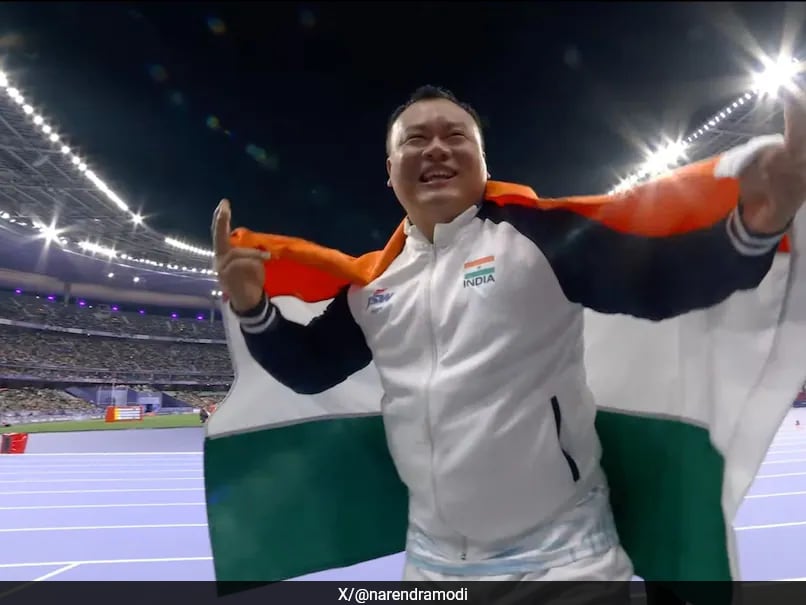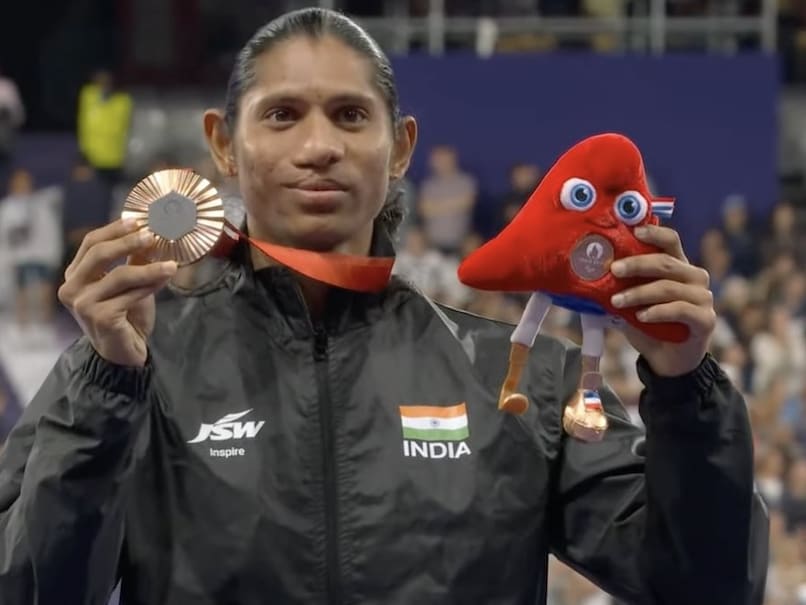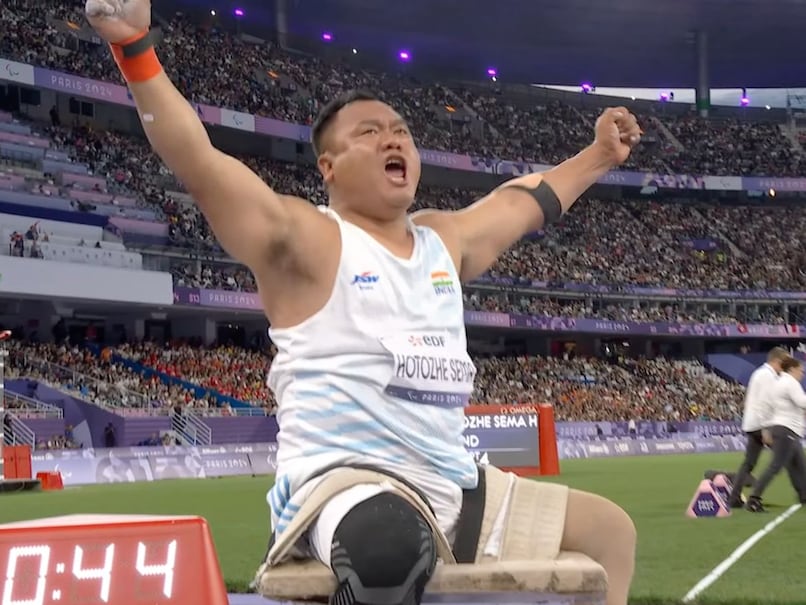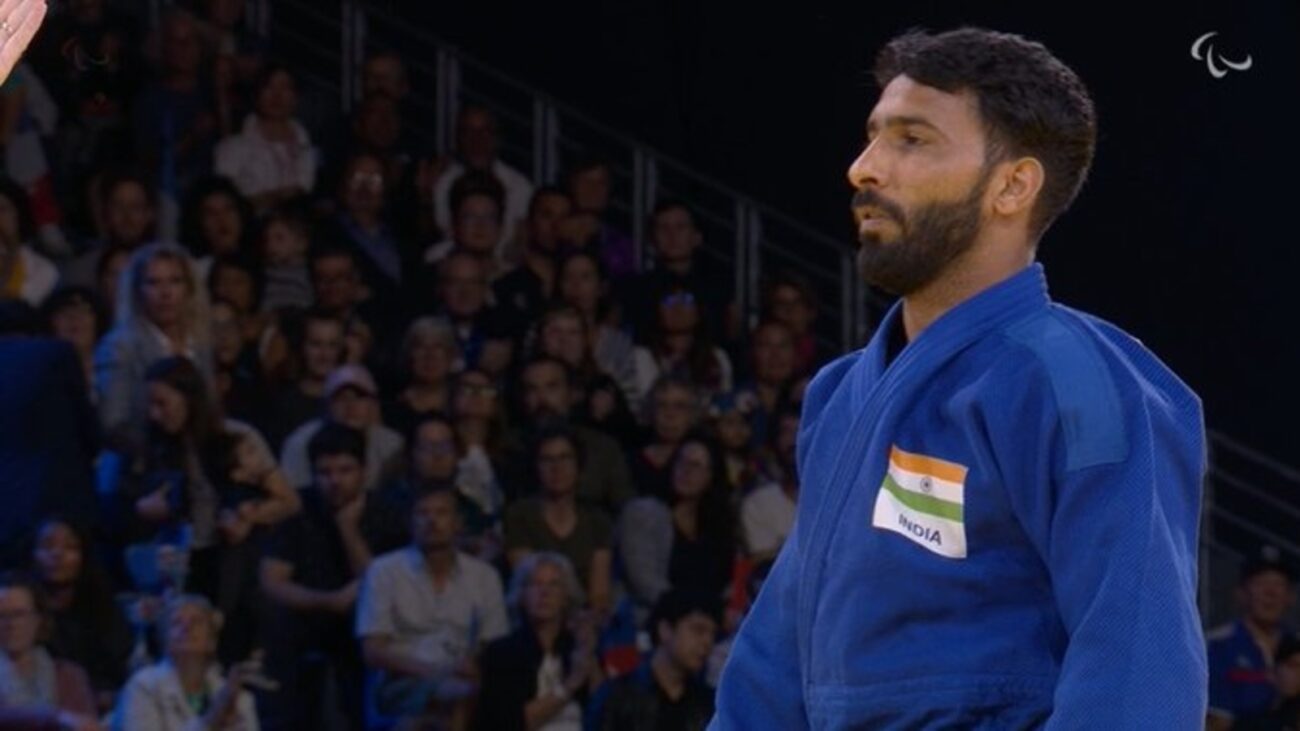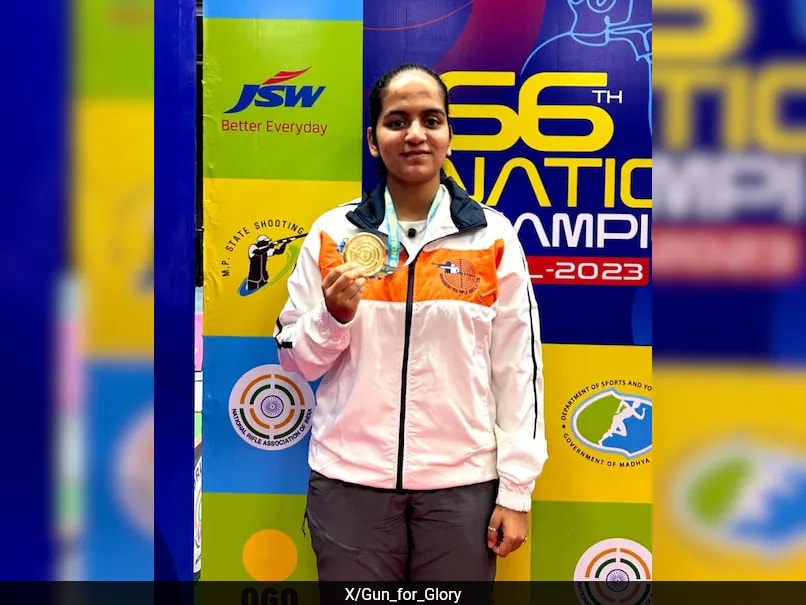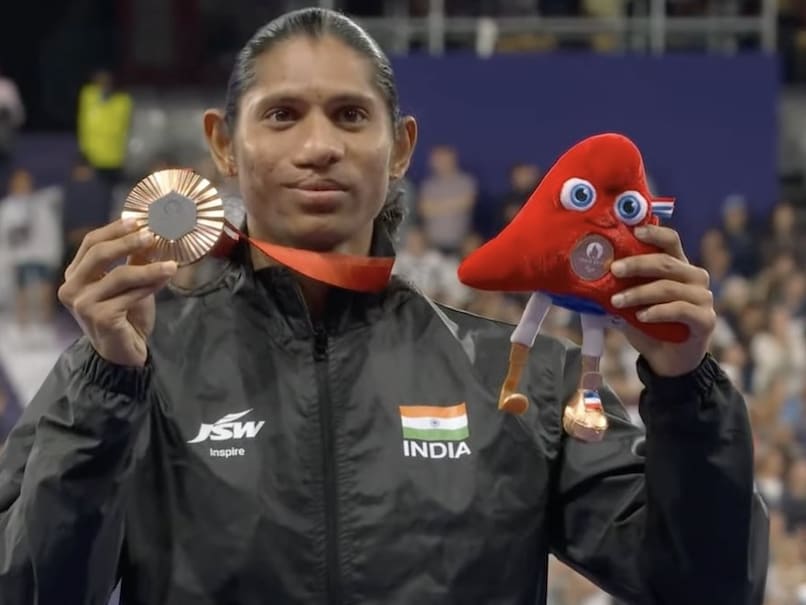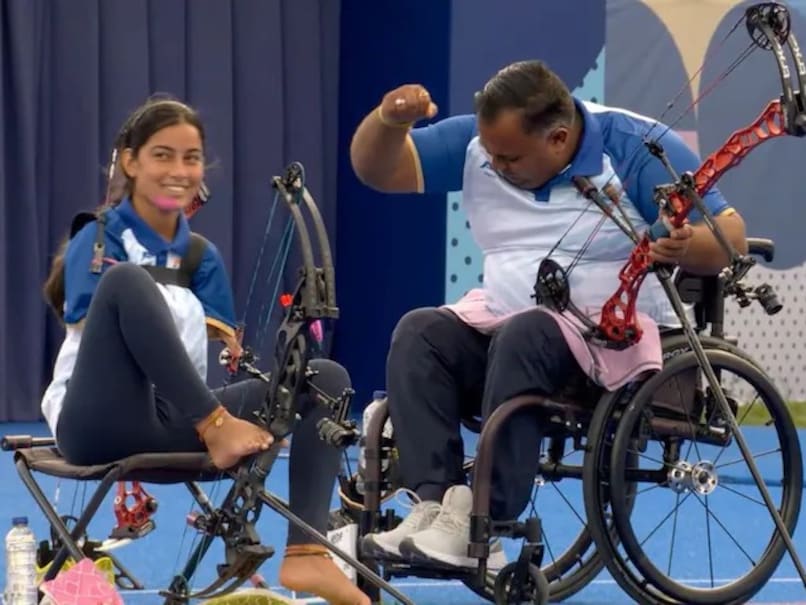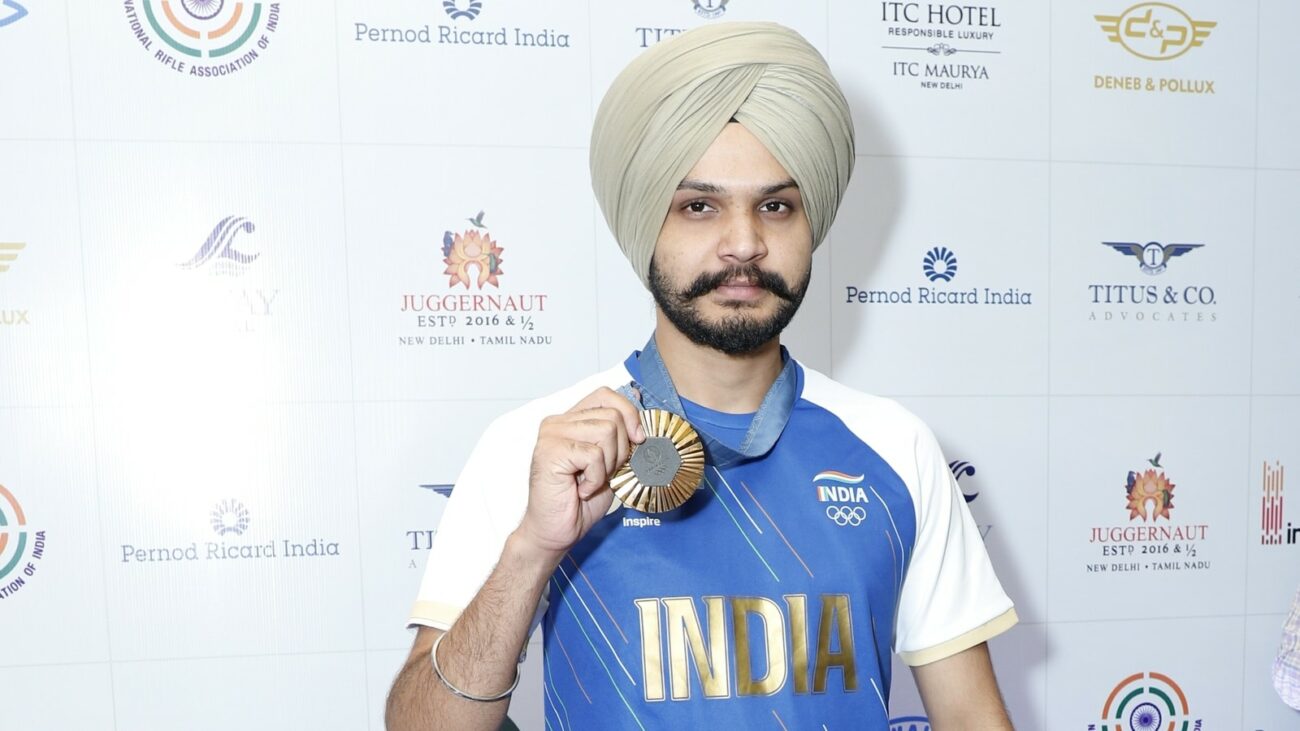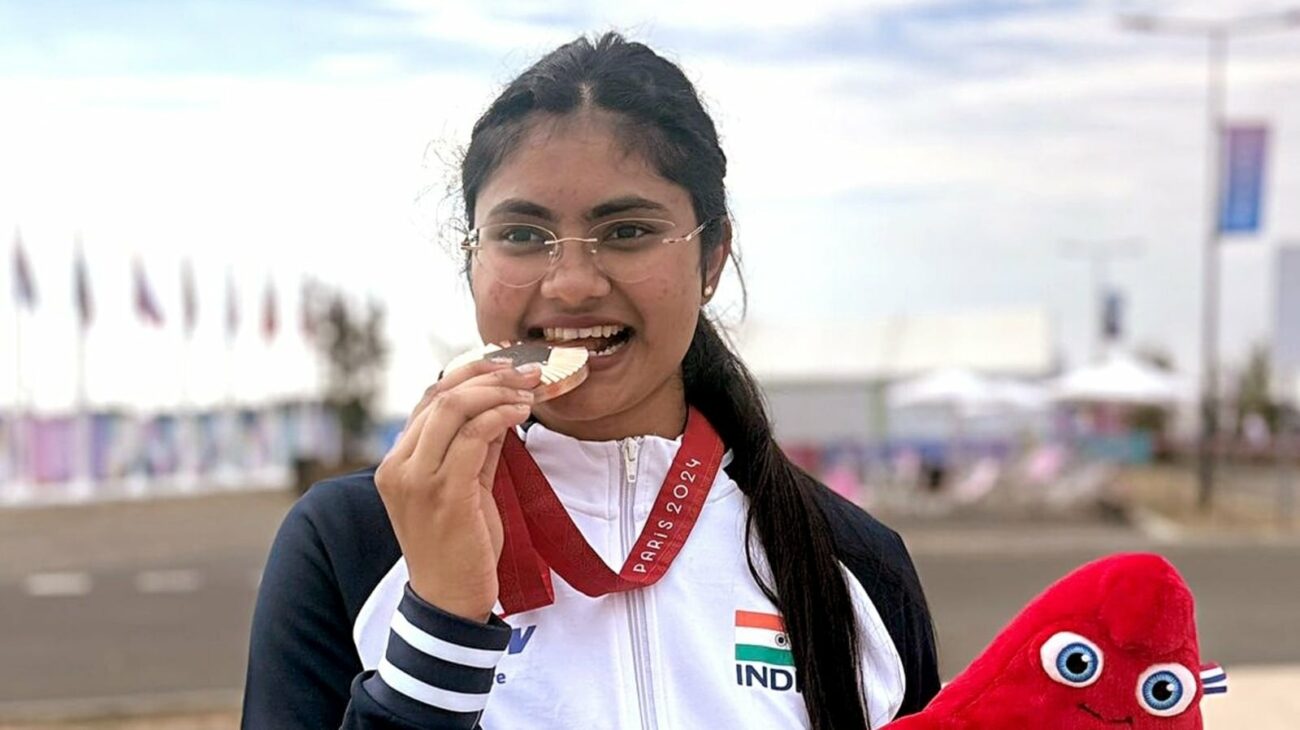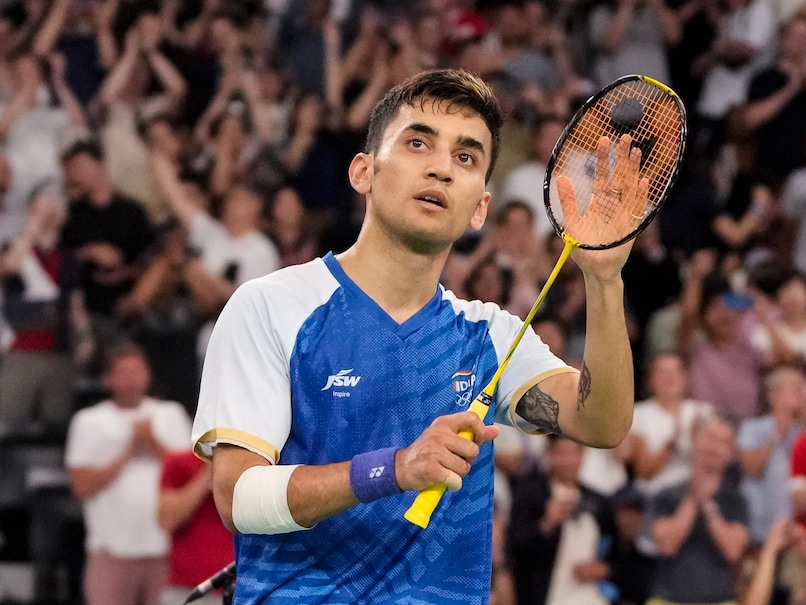Paralympics Bronze Medalist Hokato Hotozhe Sema’s Inspiring Journey of Overcoming Adversity
Hokato Hotozhe Sema, a Paralympics bronze medalist, has shared his inspiring journey of overcoming adversity and achieving sporting success. In 2002, a landmine explosion during an anti-terrorist operation in Jammu & Kashmir claimed his left leg below the knee, leaving him physically and emotionally scarred.
“I was mentally disturbed and in deep depression,” Sema recalled. “I never thought I would be like this. I asked myself how I would walk because I don’t have one leg.”
After his leg amputation, Sema faced immense challenges. The swelling and pain made it difficult to heal and walk properly. However, a visit to Pune’s artificial limb center changed his life. The Indian Army provided him with an artificial limb, giving him hope and motivation.
“I have not seen an artificial leg till then in my life,” Sema said. “Indian Army provided me with an artificial limb with a lot of hope. Because of that I am being able to stand in front of you.”
Inspired by others at the center who faced even greater physical challenges, Sema began to walk again, slowly and with determination. “It was like how a new-born child was taught how to walk by holding him,” he said.
In 2016, Sema was encouraged to take up shot put by a senior army official. He quickly excelled in the sport, competing in the National Para Athletics Championships the same year. His rise in para-athletics has been nothing short of inspiring.
At the Paralympic Games in Tokyo, Sema secured a bronze medal in the men’s F57 category final with a career-best throw of 14.65 meters. He became the first Paralympics medalist from northeast India and the first Indian to win a medal in shot put at the Paralympics.
Sema’s journey is a testament to his resilience, determination, and the support he received from the Indian Army. He has not only overcome adversity but has also become a role model for others who face physical challenges.

